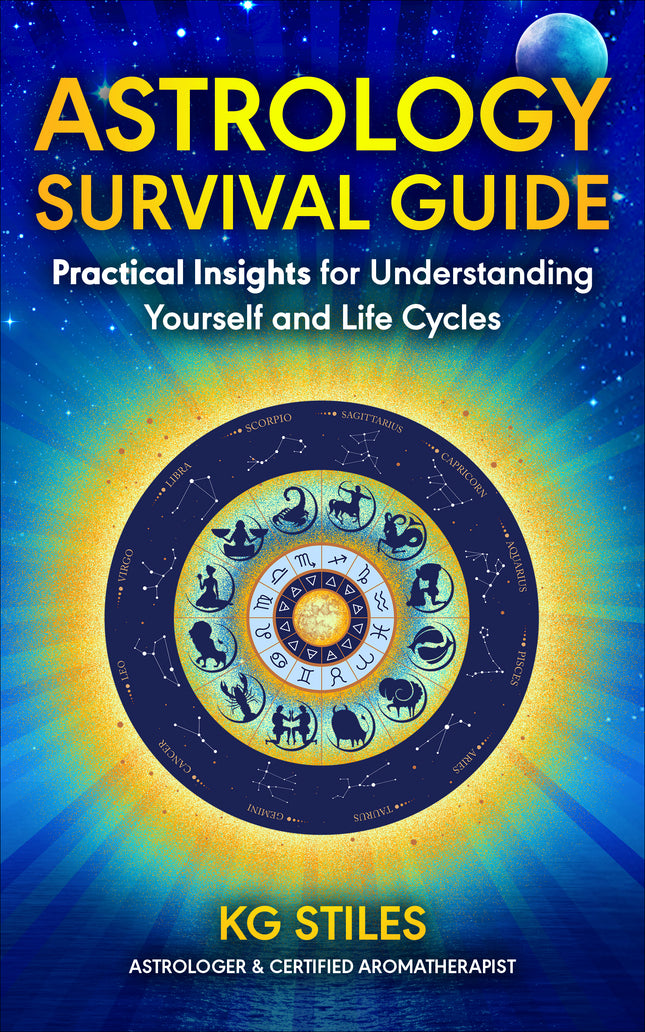
When you feel overwhelmed and over react to a life event(s) with intense and over whelming emotion that event represents an emotional trigger for you.
Occasional over reaction to emotional triggers can be accommodated by your nervous system, but on going over reaction which chronically activates your ‘fight or flight’ response can effectively result in feelings of narcissistic self abuse. In other words you become a victim of your own self abuse.
Narcissistic Self Abuse
Why I characterize this chronic pattern of over reaction as a type of narcissistic self abuse is because the over reactive response is characterized as an over inflated sense of self importance.
You see everything that is happening as happening only to you. Such chronic emotional over reactions are frequently characterized by hyper vigilance and a wariness of other people and life situations.
Someone suffering from emotional hyper reactivity internalizes the threat as coming from within. Thus, resulting in negative and abusive stories about oneself that are invalidating, demeaning and disempowering.
This is an internalized self abuse. Whereas the narcissist has an over inflated sense of self importance that sets them above others as superior. Someone with narcissistic self abuse turns against themselves and attacks themselves with thoughts of less than and not good enough.
You might say this type of internalized self abuse when it becomes chronic is a form of addiction.
Uncovering the Shadow of Negative Emotions & Addiction
Individuals who have a tendency – whether conscious or unconscious – to use self talk that is manipulative and damages, or controls their behavior is the hallmark of narcissistic self abuse and can result in many common conditions like overweight, depression and substance abuse.
Uncovering the shadow of chronic emotional triggers at their source can be simple enough. However, recovering from this kind of shadow possession can take time and require the support of trained professionals, depending upon how deeply ingrained the pattern has become. Simply meaning, how identified you are with the emotional trigger and the negative stories they activate.
Letting Go of Emotional Triggers
Step 1:
The first step in uncovering the shadow of an emotional trigger at its source is to ask yourself the following question.
What are the feelings and emotions I’m experiencing?
Am I angry, fearful, worried, disappointed, sad (fill in the blank)?
Simply identifying the negative emotion helps create the space needed to break its grip over you.
When you are in the grips of an emotional trigger, or shadow possession, you may think things like, “I feel cursed,” or “why does this always happen to me,” or “what did I do to deserve this,” or (fill in the blank).
Step 2:
Identify any favorite recurring negative thoughts, or stories you tell yourself during an episode of emotional triggering.
Pay attention and notice what is happening when you experience an emotional trigger.
These states of “shadow possession” twist your perceptions and viewpoint about what is happening and keep you locked into negative repeating patterns of experience.
As you naturally notice what happens during an emotional trigger you will become more able to respond to the present moment more openly. In this process of self examination, you will become more aware of options for how to respond in the situation.
Emotional Maturity
Through this process you are helping yourself grow-up and accept personal responsibility. As well as, developing a sense of I can do it.
Two common traits of emotional immaturity:
Arrested Emotional Development - happens when a person gets “stuck” at an early phase of emotional development. It can be the result of trauma, grief, or neglect. It can occur during childhood, preteen, or adolescent phases when someone is subjected to an experience that they are unable to resolve.
Learned helplessness - when someone feels helpless to avoid repeated negative and stressful situations, and then, when the opportunity comes to exercise control, they are unable to do so.
7 Takeaways
- Always remember, It’s NOT what happens in your life that gives you your results, but HOW you respond.
- When you receive, rather than resist an emotional trigger and naturally notice what’s occurring, you automatically free yourself from its grips.
- More useful and resourceful ways to respond in the moment will become apparent when you resist the temptation to over react.
- Overtime you will begin to see how the way you choose to respond gets you better results.
- You’re like a martial artist who through receiving the attack (emotional trigger), instead of resisting it, is able to re-direct it to work for you instead of against you.
- Stand your ground when accosted by an emotional trigger. Through remaining true to yourself you have the powerful ability to shift energy and create change in your life.
- You are not your emotions. You have emotions, they don’t have you.
Emotional Trigger Oils
The essential oils I recommend for helping you get free of emotional triggers are:
Frankincense - promotes integrity with Self
Black Spruce - promotes mental clarity
Himalayan Cedarwood - fortifying effect on mind and emotions
Helichrysum - healing old emotional trauma and shock
Rose - BEST oil for freeing your emotions and emotional expression
You can use these oils frequently to help prevent over reaction to an emotional trigger. You can also use them at the first sign of activation of an emotional trigger. They will have a balancing and soothing effect on your emotional body, and help quell any intense reactive emotions.
How to Use: Simply dispense 1-3 drops on a cotton ball, or smell strip and inhale the essential oil vapors for 30 seconds. Repeat as needed.
READ Next Article in this Series, 5 Stages of Birthing the Soul +Affirmations & Essential Oils to Use.





Leave a comment